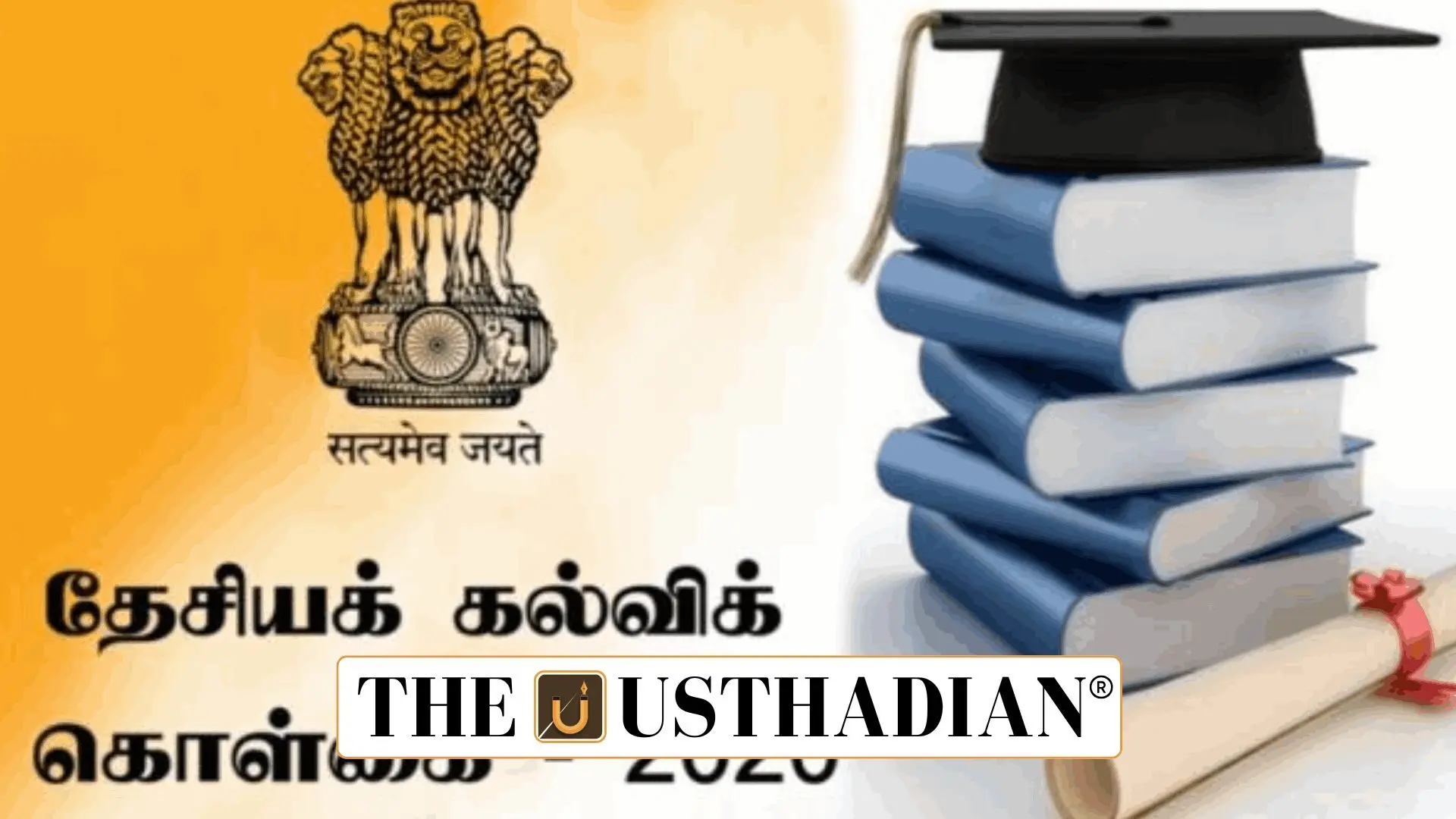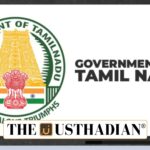Centre Withholds ₹2,152 Crores After PM SHRI Refusal
Tamil Nadu Denied Funds for Rejecting PM SHRI Scheme: NEP and Language Policy at the Core: The Union Government has withheld ₹2,152 crore in Samagra Shiksha scheme funds allocated to Tamil Nadu after the state chose not to participate in the PM SHRI (Prime Minister Schools for Rising India) initiative. PM SHRI supports the development of model schools aligned with the National Education Policy (NEP) 2020, and Tamil Nadu’s refusal stems from concerns over mandatory alignment with NEP directives.
Tamil Nadu’s Resistance to the Language Component
At the core of Tamil Nadu’s opposition is the three-language formula promoted in both the 1968 and 2020 versions of NEP. Tamil Nadu has consistently adhered to a two-language policy—Tamil and English—and has resisted what it views as attempts to reintroduce Hindi through national policy backdoors. Although NEP 2020 mentions flexibility, the state argues that implementation of PM SHRI indirectly enforces Hindi as a third language, which goes against its long-standing education policy.
Historical Context Behind Tamil Nadu’s Anti-Hindi Stand
Tamil Nadu’s resistance to Hindi dates back to 1937, when then Madras Presidency Chief Minister C. Rajagopalachari proposed compulsory Hindi in schools, sparking backlash from the Justice Party. The movement intensified during the 1965 anti-Hindi protests, when fears grew that Hindi would become the sole official language of India. This mass agitation eventually led to the passing of the Official Languages (Amendment) Act in 1967, followed by the adoption of the three-language formula nationally in 1968.
Annadurai’s 1968 Resolution and the Two-Language Formula
In January 1968, Chief Minister C.N. Annadurai introduced a legislative resolution rejecting the three-language policy in favor of a two-language formula, which has remained Tamil Nadu’s stance ever since. The state has excluded Hindi from its curriculum despite repeated central efforts. Even in 2019, public uproar in Tamil Nadu over the draft NEP’s Hindi recommendation led the Kasturirangan Committee to drop the mandatory clause. Nonetheless, the same year, the Union Government allocated ₹50 crore to recruit Hindi teachers in non-Hindi states, a move Tamil Nadu viewed as part of a broader Hindi imposition strategy.
Static GK Snapshot
| Topic | Fact |
| Scheme Affected | Samagra Shiksha |
| Amount Withheld | ₹2,152 crore |
| Reason for Fund Denial | Tamil Nadu rejected PM SHRI over NEP 2020 alignment |
| Core Dispute | Three-language formula and perceived Hindi imposition |
| Language Policy in TN | Two-language policy (Tamil and English) |
| PM SHRI Full Form | Prime Minister Schools for Rising India |
| Major Anti-Hindi Protest | 1965 statewide agitation in Tamil Nadu |
| Anti-Hindi Resolution in TN Assembly | Passed in 1968 by CM C.N. Annadurai |
| Hindi Clause Dropped By | Kasturirangan Committee in 2019 draft NEP |
| Hindi Teacher Budget (2019) | ₹50 crore allocated for non-Hindi-speaking states |








